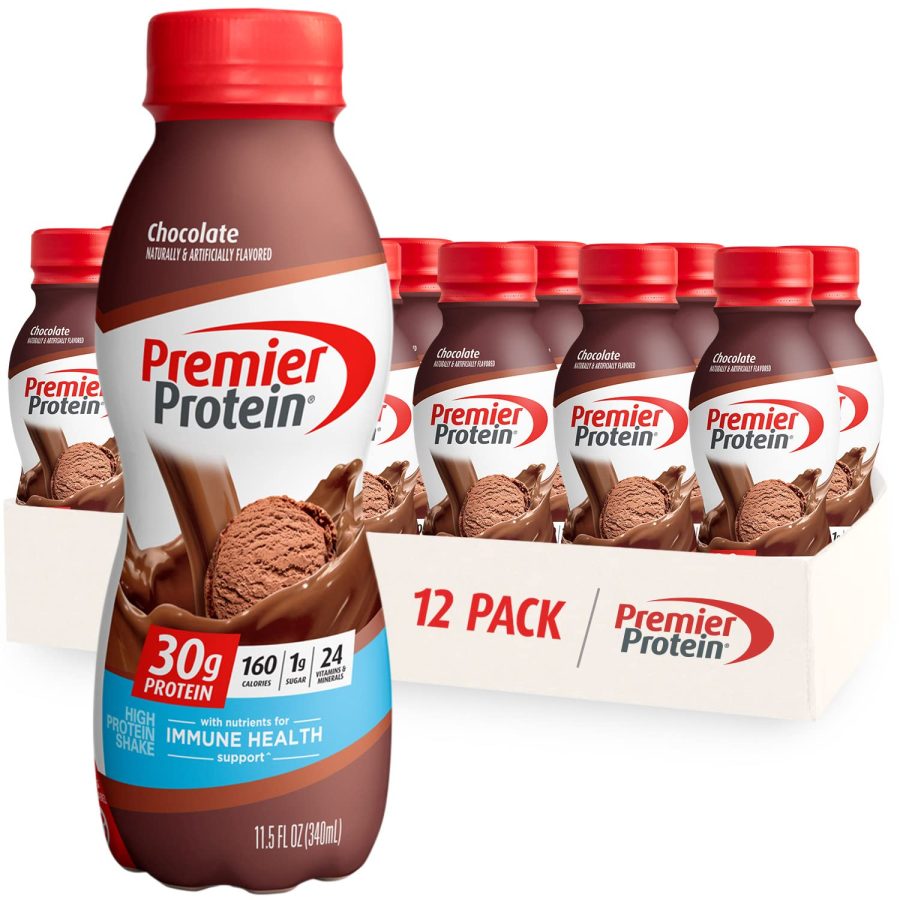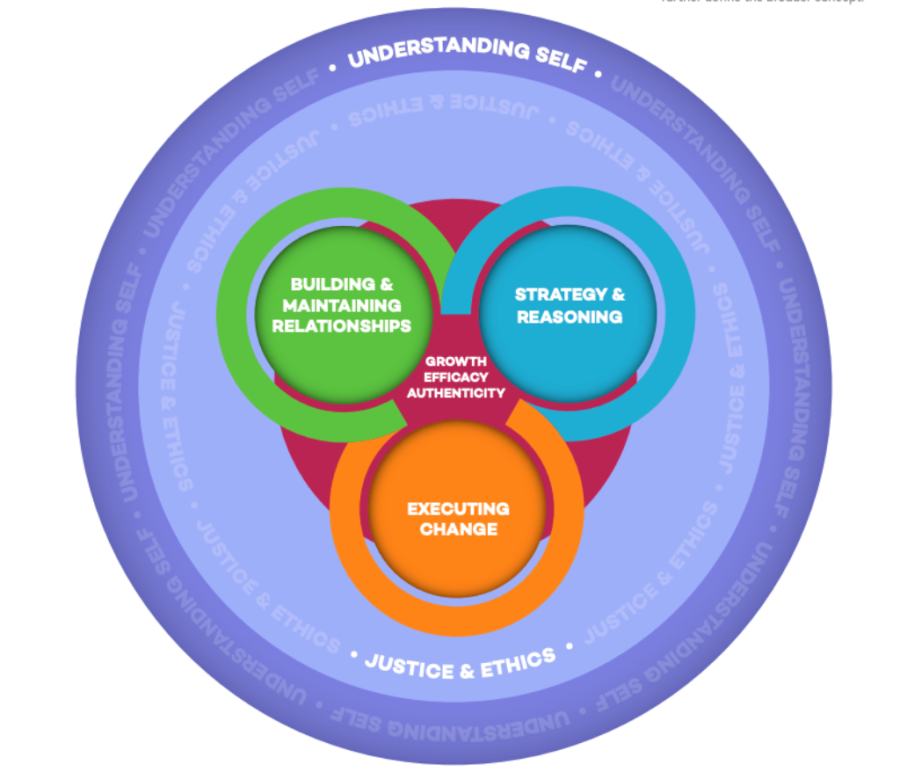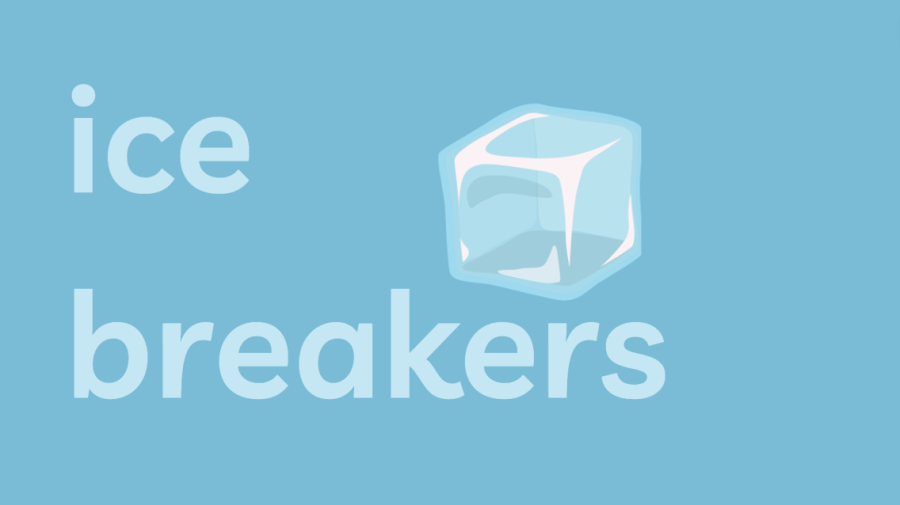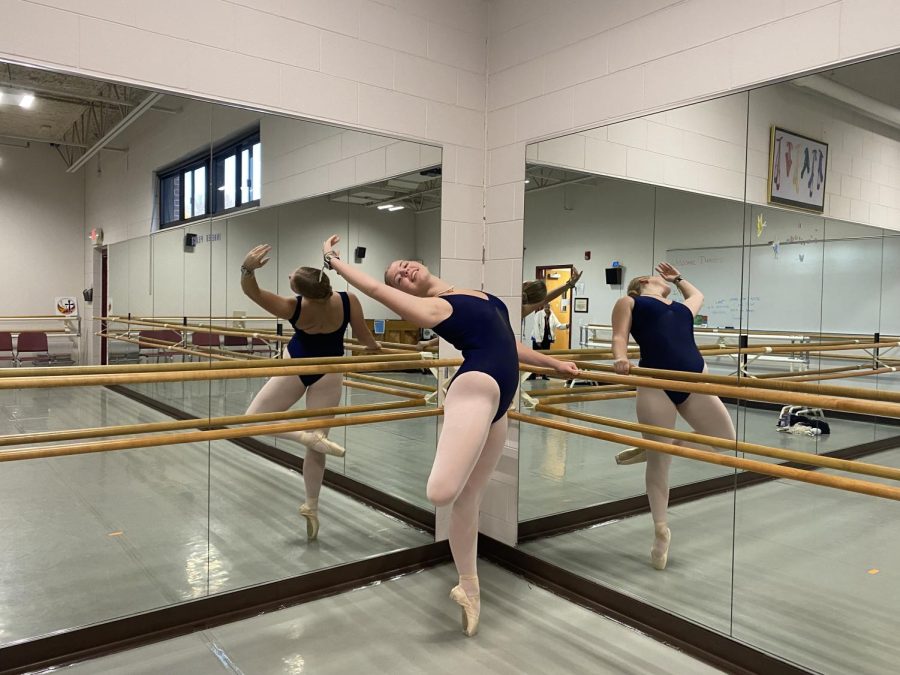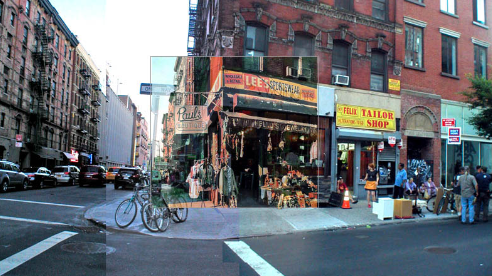You’ve seen them, or definitely drank one. They’re all over social media, 50 calories, bright colors, candy-laced tops, but most importantly, lots and lots of protein powder. For the last few years, nutrition cafes have been on the rise, delivering the sugariest forms of meal suppressor out there. The flavors range from the classic vanilla to extravagant turtle cheesecake. But it doesn’t stop at the shakes, many of these menus have been expanded to include boosted teas, chock full of metabolism increases, and enough caffeine to make anyone shake. You may be wondering how it’s possible to make something so unhealthy a so-called “nutritional drink” and it may even seem impossible, which I am here to tell you it very much is. In this article, you will learn the dark past of these businesses, a secret world that unwinds through Facebook, a mysterious death, and many declined messages.
Herbalife, according to their own website, is the global leader in the creation of meal replacements and dietary shakes. But the statements are not the problem, with a simple Google search one could see hundreds of reports of liver damage caused by the powdered product. Ingestion of the drinks has caused an outbreak of lawsuits in which healthy individuals suffered severe damage to the intestines. Cookies and cream no longer sounding too good? You’re not alone in the fear, herbal toxicity now accounts for almost 20% of all liver damage in the United States, a hair-raising number discovered in one National Library of Medicine experiment. And their usage is only growing with the expansion of diet culture in new forms of media like Tik Tok. But the ugliest component of this secretive, yet public world is Facebook. Vulnerable users, mainly the elderly, can fall prey to the false promises of companies similar to Herbalife. This issue has even become a rising interest of the Food and Drug Administrations’ after the untimely introduction of illegal drugs began. Listings of such products are hardly ever taken down as the dangerous ingredients spark little to no recognition in most brains. Ever heard of Phenibut? Chances are, you haven’t. It isn’t featured on crime shows or in the news for widespread usage, but it’s on the FDA’s radar, so much that in 2019, 12 warning letters were sent to different companies supplying the drug to mostly unknowing customers. 9 of the letters touched on the additive DMHA, also known as Vaporpac, Octodrine, and plenty of other names. The other 3 were sent to companies advertising Phenibut most oftenly as a sleep aid for those with sleep disorders or anxiety. The problem is, it’s a psychotropic agent that can lead to addiction like any other sort of pill can. The more you take, the easier it is to get hooked. Which means an attempt to get a good night’s rest could lead you down the long path of addiction and recovery. The point? Drugs like these aren’t public knowledge; as kids we aren’t warned about them. If someone had posted on Facebook advertising cocaine or fentanyl, it would be reported and taken down within seconds. This response is not compatible with little-known “dietary supplements”, it’s not even close to where it should be with ‘post to removal’ time. These statistics along with easy targets do not pair well together, no more matter how many toppings you add on top.
Mark Hughes, founder of Herbalife, had his death called “tragic, almost ironic” by the Tampa Bay Times, dying the same way his mother did after years of trying to escape her fate. In fact, it was why he did all this, started the company, sold the pills, it was all because of his mom’s early overdose due to dangerous diet pills. At 23, Hughes set out to create a safer, yet still effective, method to lose weight. It was straight out of a superhero movie, a backstory that would send any villain to the depths of his imagination, a plan to avenge a loved one’s death. And like most of these types of plans, they started out with good intentions and ended in flames. He sold out of his car, got his grandma’s friends hooked, and with hard work, the business got its own storefront in Beverly Hills. Flash forward to May 20, 2000, it’s the fourth day of a four day binge-drinking session for Hughes. This alcohol problem was indeed being treated by a psychologist, along with his 6 to 8 cigar average per day. But this time, the drinking proved fatal as the next day Hughes was found dead with a blood alcohol level of 0.21%. The mixture of his sleeping pills, Doxepin, and the liquor was a killer to his system. A sad ending to a mission to create safer pills, a life over, death by accidental overdose.
Nutrition cafes are more secretive than you would think they would be, what does a bright-colored, positivity-postered shop have to hide? Well, it might actually be more than you think. After reading the effects of Herbalife products, you might wonder how they get away with not disclosing all the possible dangers and that’s because of the rule book. Chapter 8 Nutrition Clubs, details the basics on running one of these multi-level marketing schemes. But 8.4.5 – 8.4.6 gets much more interesting (Acknowledgments to Sarah Savage of Auburn-Opelika Moms for the following excerpt):
“8.4.5 Commercial Club Exterior Signage
Exterior “Signage may not:
- Imply that Herbalife Nutrition products are available for purchase;
- Imply that the occupant has an Herbalife Nutrition business;
- Include the word shake, or use Herbalife Nutrition Intellectual Property, product names or brands, such as:
– Mark Hughes;
– Liftoff®;
– Formula 1®;
– Nutrition Club; and
– Herbalife Nutrition.”
“8.4.6 Commercial Club Exterior
Commercial Clubs are not retail establishments, cafés, restaurants or takeout establishments. To avoid any misconceptions by passers-by, Commercial Clubs may not have outdoor tables, chairs, or other seating.
Door and window coverings are optional, provided they do not:
- Display Herbalife Nutrition branding (names, logos, etc.);
- Imply that Herbalife Nutrition products are available for purchase;
- Feature “Before & After” photographs; or
- Display the word “shake,” pictures of shakes or any other product (even if unbranded).”
Doesn’t it all seem a little strict, no mentioning the name Herbalife or even more strangely, shake? Is it because of the customer lawsuits? Or rather, is it because they don’t want to be seen as a MLM to potential customers? The mystery gets deeper as Brittany Jezouit from Better Marketing learned. A simple question on the contents of the strange ‘sh*kes’ got her blocked by a local start-up. The rules are so strict that a cafe would block a comment instead of fessing up about the true, potentially dangerous, contents of the drinks. And to make matters worse, most often these types of businesses are run by unknowing moms who have fallen prey to a strong scheme that’s almost impossible to get ahead in. Mary Kay Cosmetics and their pink Cadillacs are another example of one of these pyramids. If it sounds too good to be true, that you will one day be given a car for your work, sadly, it probably is. A Federal Trade Commission study even found that a whopping 99% of “business owners” lost money rather than the promised gain. But, unfortunately, with the constant marketing and trend shifts, MLM’s have always found sneaky ways back into the market and will continue to fester under the radar until injury or death gets involved.
In a final analysis, the plague of nutrition cafes is one to be best avoided, along with any type of supplements without clear, medical provided facts or green-lights. And I totally get it, the allure of the assortment of flavors does indeed make it difficult to do this, even knowing all this I still have wondered what a funfetti shake would taste like. But sometimes it’s better to have too much knowledge, especially when health comes into play. Personally, I’d rather not fear for my future self’s well-being but if it’s something that you’re willing to gamble on, best my guest, I can’t tell you what not to eat or drink. So all in all, be careful with supplements and the other wellness products out in the market, you never know what is dangerous and what’s actually safe. Cheers!

